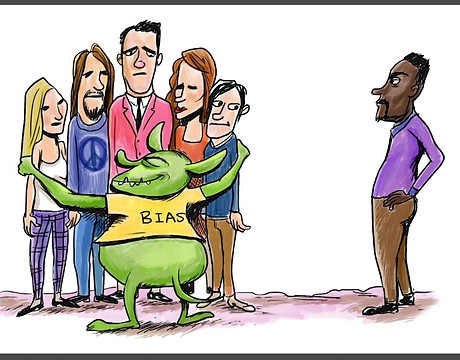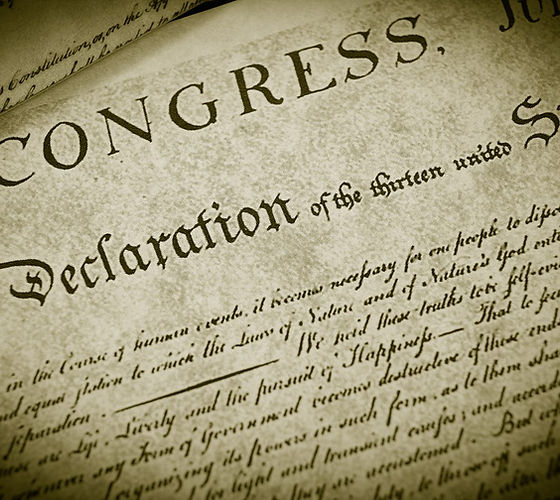Bridging the Understanding Gap and Building Racial Cohesion
Stronger Together (Inclusivity)
Inclusivity is the practice or policy of providing equal access to opportunities and resources for all people.

Harvard Business Review

Ilene Schwartz | TEDxEastsidePrep
SHRM (Better Workspace, BetterWorld)

And Seven Ways to Achieve It

Limits to Inclusion
Systematic Racism, Biases, Systemic Racism
Systematic racism is policies and procedures placed in the system of execution to discriminate against...
-An adjective that primarily means “having, showing, or involving a system, method, or plan.” A synonym for systematic is methodical. Systematic draws on the first sense we highlighted in the previous section: a system as a “method” or “plan.” You have a plan in place. You have a strategy. You’re not doing things randomly; you’re organized and structured in some way.
Biases limit our ability to be fully inclusive due to the inclination to view others unfairly both intentionally and unintentionally. It is important to understand what a bias is and to uncover one's own biases...we all have them.
Systemic racism is an insidious ingrained way of “doing things” that knowing and unknowingly affects the entire system. An adjective that means “of or relating to a system.” It is especially used to describe some phenomenon—an illness, a social problem—that affects every part of an entire system. Some near synonyms to systemic are structural, comprehensive, inherent, pervasive, ingrained, and extensive. Besides a plan or method, a system, can also mean a group of parts or things that come together to form a whole; systemic draws on this sense of system. Also called institutional racism or structural racism, systemic racism is a form of racism that is embedded as within societies or organizations. It can lead to such issues as discrimination in criminal justice, employment, housing, health care, political power, and education, among other issue
A bias is a tendency, inclination, or prejudice toward or against something or someone. Some biases are positive and helpful—like choosing to only eat foods that are considered healthy or staying away from someone who has knowingly caused harm. But biases are often based on stereotypes, rather than actual knowledge of an individual or circumstance. Whether positive or negative, such cognitive shortcuts can result in prejudgments that lead to rash decisions or discriminatory practices.
Comments and assumptions (stereotypes) made that disparage others by committing out-group homogeneity. Often viewed as a "joke" or a compliment by the offender.






